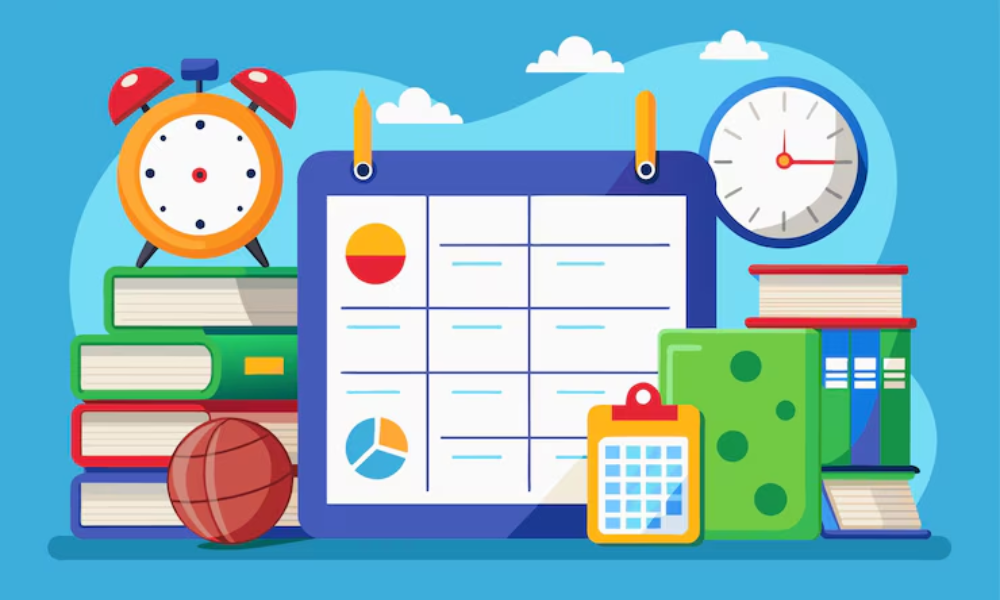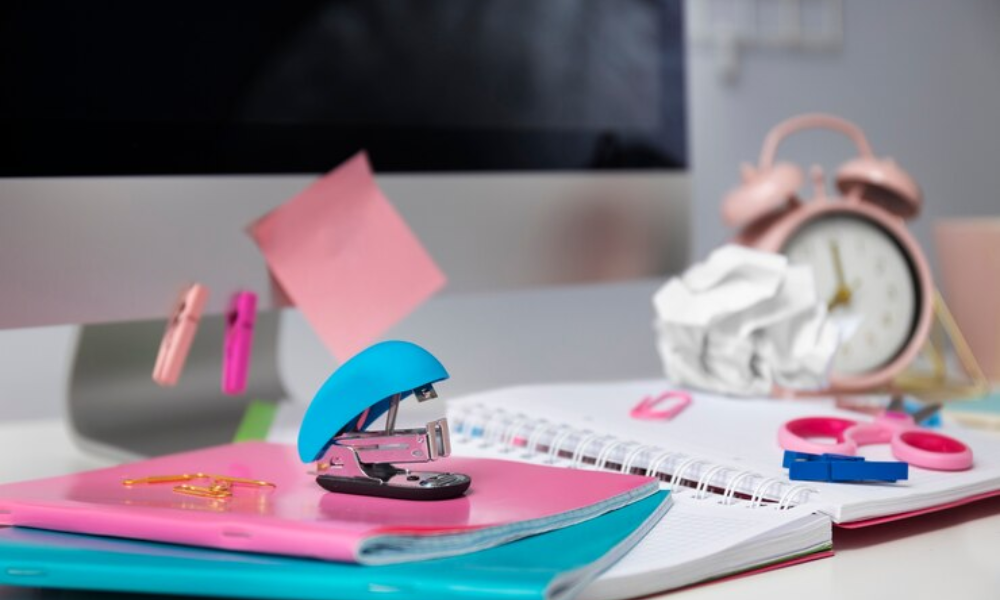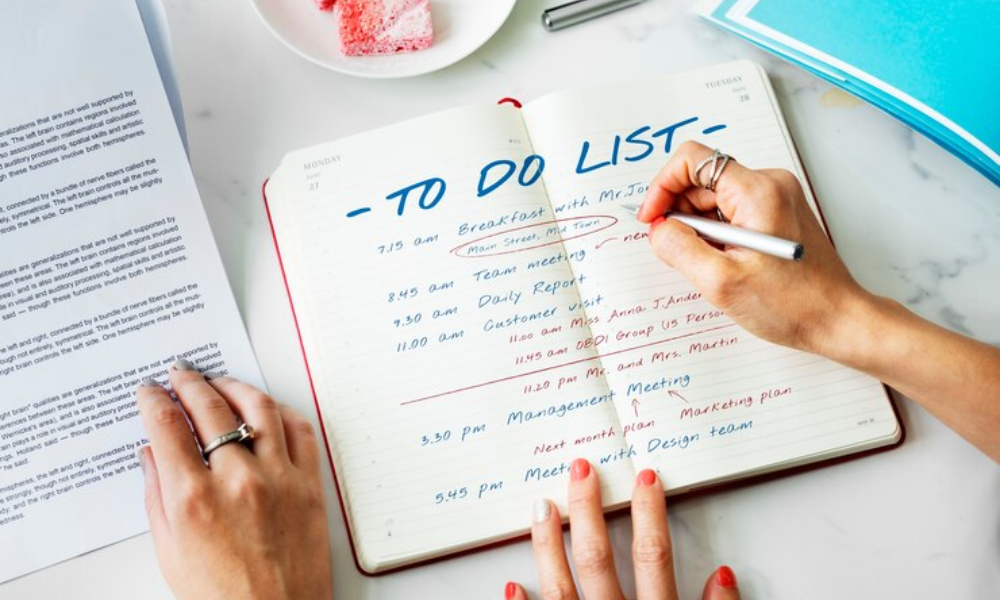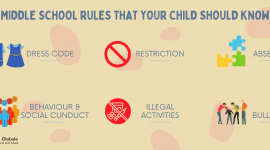Every student aims to excel in academics, extracurriculars, and personal development. One key to achieving this is having a structured daily routine. A well-planned routine not only helps you stay organized but also makes time management easier, reduces stress, and boosts focus.
A structured daily routine helps students stay organized, manage time better, and reduce stress. It balances study, relaxation, and personal activities, making life more productive and enjoyable. This guide will show you how to create an effective routine, why it’s important, and provide tips to stick with it. You’ll also find a sample routine and advice on avoiding common mistakes while incorporating exercise, relaxation, and a good sleep schedule for overall well-being.
1. What Is a Daily Routine for a School Student?
A daily routine for a school student is a structured plan that outlines how they should spend their time throughout the day. This routine includes time for studying, eating, exercising, relaxing, and sleeping. Having a consistent routine helps students balance their schoolwork with other important activities.
2. Why Is a Daily Routine Important for Students?

A well-structured routine offers several benefits for students:
- Better Focus: A routine helps you stay focused on each task without getting distracted.
- Time Management: When you follow a routine, you manage your time more effectively and avoid last-minute rushes.
- Less Stress: Knowing what to do and when helps you stay on top of your responsibilities, reducing stress.
3. Components of a Good Daily Routine for Students

Morning Routine
Start your day early and fresh. Here’s what a good morning might look like:
- Stretch: Wake up and stretch to loosen your muscles.
- Healthy Breakfast: Eat a balanced meal to fuel your body and mind for the day.
Study Time
Set aside specific hours for studying when you’re most alert. Break your study sessions into chunks to avoid burnout.
Healthy Meals
Eat regular meals throughout the day. Focus on foods that are good for your brain, like fruits, vegetables, and whole grains.
Exercise
Physical activity is important to keep your body and mind healthy. Even a short 20-minute walk can improve your focus and energy levels.
Relaxation Time
Take regular breaks to relax and recharge. Whether it’s watching a show, spending time with family, or reading, make sure to rest your brain.
Sleep Schedule
A consistent sleep schedule is key. Aim for 7-9 hours of sleep each night, and try to go to bed and wake up at the same time every day.
4. Sample Daily Routine for Students

Here’s an example of a balanced daily routine for students. You can adjust it to fit your needs:
| Time | Activity |
| 6:00 AM | Wake up, stretch |
| 6:30 AM | Eat a healthy breakfast |
| 7:00 AM – 10:00 AM | Study (focus on difficult subjects first) |
| 10:00 AM | Take a break (walk, relax) |
| 10:30 AM – 1:00 PM | Study or work on assignments |
| 1:00 PM | Lunch break |
| 2:00 PM – 4:00 PM | Continue studying or attend classes |
| 4:00 PM | Exercise or play sports |
| 5:00 PM | Relax or do something fun |
| 6:00 PM – 8:00 PM | Study or finish homework |
| 8:00 PM | Dinner with family |
| 9:00 PM | Free time (watch TV, talk with friends) |
| 10:00 PM | Go to bed |
This is just an example—feel free to tweak it to suit your own schedule!
5. How to Create Your Own Daily Routine

To create a routine that works for you, follow these steps:
- Think about your goals: What do you need to get done every day? Focus on your priorities, like studying for exams or completing assignments.
- Use a planner: Write down your routine to keep track of your activities. This can be a notebook, a planner app, or even a wall calendar.
- Be realistic: Don’t pack your day with too many tasks. Make sure you leave some free time for breaks and relaxation.
6. Tips to Stick to Your Routine

Starting a routine can be challenging, but these tips will help you stay on track:
- Start small: Don’t try to change everything in one day. Begin by adding one or two new habits and gradually build on that.
- Be flexible: Life doesn’t always go as planned, and that’s okay! Adjust your routine when necessary, but try to stick to it as much as possible.
- Stay motivated: Remind yourself why you’re following the routine. Whether it’s for better grades, less stress, or more free time, keeping your goals in mind will help you stay motivated.
7. Common Mistakes to Avoid

When creating your daily routine, try to avoid these common mistakes:
- Overpacking your day: Don’t try to fit too much into one day. It’s better to pace yourself than to feel overwhelmed.
- Skipping sleep: Sacrificing sleep for more study time might seem like a good idea, but it’ll make you tired and less productive in the long run.
- Not taking breaks: Studying for hours without any breaks can lead to burnout. Be sure to take regular, short breaks to stay fresh.
8. Final Note
A well-planned daily routine can help you stay focused, manage your time better, and keep your stress levels low. Remember to start small, stay consistent, and make adjustments as needed. Over time, you’ll find that having a routine will make your life easier, more productive, and more enjoyable.










